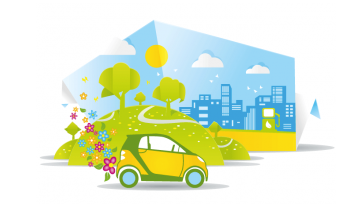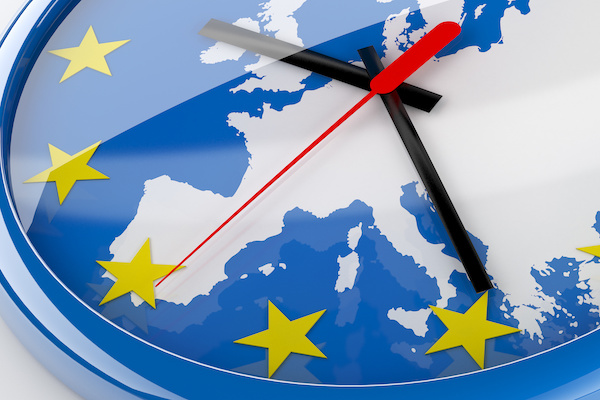06 June 2018
‘2040 Objective’: En route to the end of diesel and gasoline vehicle sales


On July 6th, 2017, Nicolas Hulot, Minister for Ecological and Inclusive Transition, unveiled the Government’s Climate Plan commissioned by the President of the French Republic. To meet the ambition of the Paris agreement, and considering the importance of CO2 emissions from the transport sector in France[[CO2 emissions from the transport sector represent more than a third of French CO2 emissions. In addition to air pollution, the transport sector is also a major source of noise pollution.]], this Climate Plan makes clean mobility accessible to all one of the major levers for the success of the decarbonisation of the French economy, by aiming to put an end to the sale of vehicles emitting greenhouse gases by 2040.
This objective to end the sales of vehicles emitting greenhouse gases, announced by Nicolas Hulot, assumes:
– A significant shift in the automotive sector, given that gasoline or diesel vehicles represent 99% of current sales;
– And the development of electromobility with a new interaction with the electricity sector.
In order to set the conditions for achieving this objective, and prepare the Mobility Orientation Act (known as the “LOM” Act), the Government organised, during the Mobility Forum ‘Assises de la Mobilité’ (September to December 2017), a workshop entitled “For a cleaner mobility” that brought together many stakeholders from the clean mobility ecosystem.
A commitment to act together
During these workshops, 6 professional associations involved in the future of mobility, namely the French Association for Hydrogen and Fuel Cells (AFHYPAC), the Association for the Development of Electromobility (AVERE), the French Union of Electricity (UFE), the National Council of the Automobile Professions (CNPA), the Automobile and Mobility Sector (PFA), and the Committee of the French Automotive Manufacturers (CCFA), have proposed to the Minister for Transport, Elisabeth Borne, to work together on a roadmap for the implementation of the objective set by the Government. They have shown their commitment to cooperate and go beyond their participation to the Mobility Forum and their own priorities specific to each profession.
6 main lines of cooperation
Aware of the social and economic challenges that these sectors will face between now and 2040, the working group called “2040 Objective” will jointly address the following issues:
– the economic aspect (acquisition cost…);
– the necessary substantial development of charging infrastructures;
– the provision of land;
– socio-economic conditions of the retirement of old vehicles (treatment of the fleet in circulation, average age of end-of-life vehicles, etc.);
– the necessary industrial investments and the structuring of the industrial electromobility sector;
– and support for upgrading the skills linked to electromobility, both upstream and downstream of vehicle production, and focusing mainly on training.
This working group, which has already met several times, aims to draw up a roadmap for concretely achieving the 2040 objective and will submit its recommendations in fall 2018.
Find out more
02 June 2020
“Long live Europe”: it’s time for Europe!
25 February 2020
Brexit: love last 47 years


About us
The Union of the French Electricity Industry is the trade association of the French electricity sector. We bring together companies from the whole value chain of the electricity industry.
Find out more









